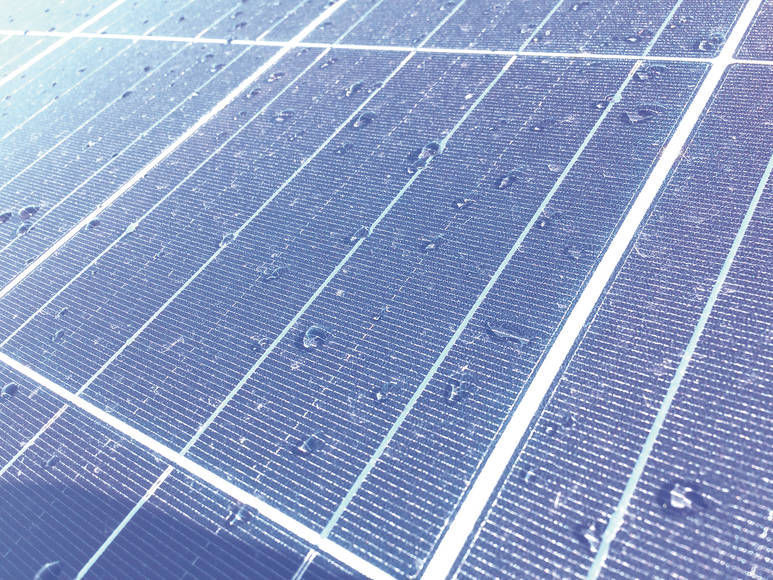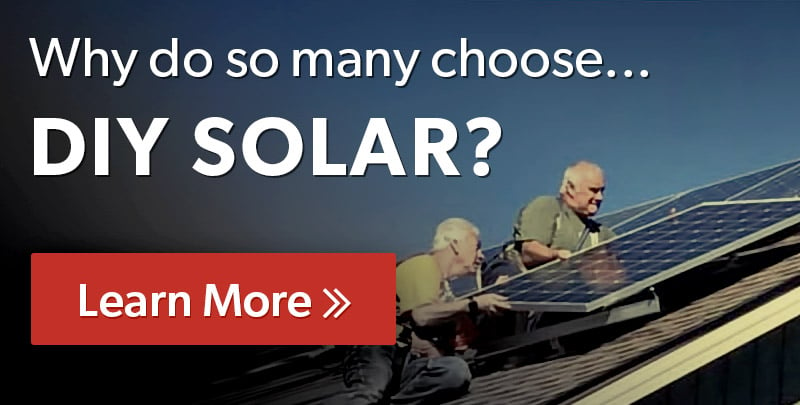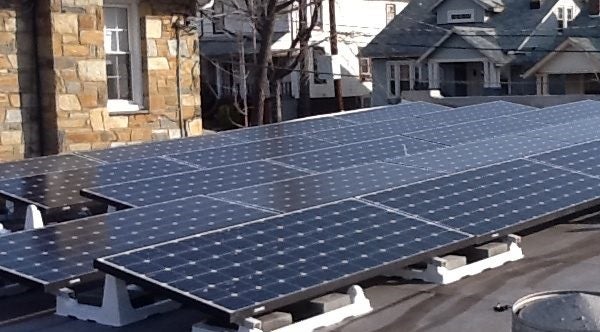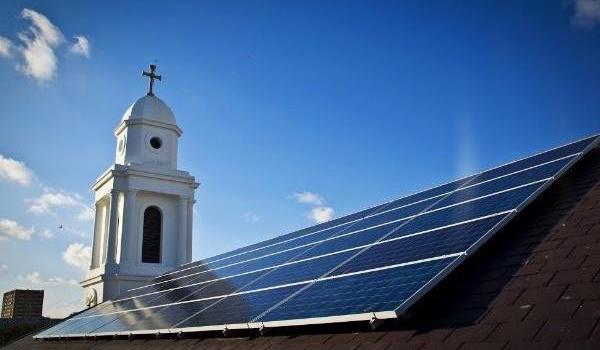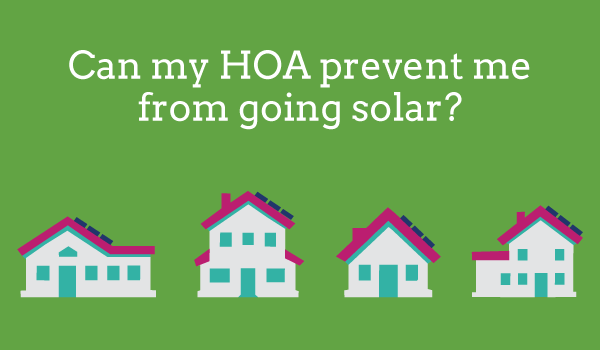Indiana solar panels overview learn about the history of solar policy in indiana along with up to date pricing information on energysage indiana utility regulatory commission learn about the governing body that regulates the electricity rates and services of iowa public utilities.
Indiana solar panel laws.
Indiana gets a decent amount of sunlight over the year up to 5 peak sun hours per day to the south of the state and all of it represents potential solar energy savings for homeowners who invest in solar power.
In fact in the entire state only ip l offers a rebate on the installation of a residential solar power system and the rebate program is set to expire at the end of 2014.
Provides that subject to certain specified exceptions a homeowners association may not.
The state capital of indianapolis for example averages at around 4 5 peak sun hours per day throughout the year and peaks at 6 peak sun hours during july.
When your panels aren t producing all the electricity you need you can use your credits instead of having to pay for electricity from your utility.
1 any solar collector or other solar energy device whose primary purpose is to provide for the collection storage and distribution of solar energy for space heating or cooling or for water heating.
Indiana solar panel rebates are extremely limited as well.
2 impose unreasonable limitations on the owner s ab.
Like many other states indiana has solar easement and rights laws that help you work with your neighbors to make sure your solar installation isn t covered by shade.
Customer bills could then be offset by that same amount.
Additionally these laws prevent planning and zoning authorities from blocking your home solar panel installation.
Click on one of the states below to learn more about that state s laws on solar rights and easements.
Also indiana does not receive as much sunshine as other states so a solar system here will produce less than a system in a sunnier state such as arizona.
Before 2017 state law allowed indiana utility customers who installed solar panels to upload the power they did not use to the power grid.
Privately owned utilities must offer kilowatt hour kwh credits for excess energy generated by solar systems.
States shaded blue that offer the ability to prohibit covenants or restrictions placed upon homeowners preventing the installation of solar powered panels and associated devices.
1 prohibit the owner of a dwelling unit from installing a solar energy system.
The disadvantage of installing solar panels in indiana is that there is very little in the way of state and utility based incentives.












